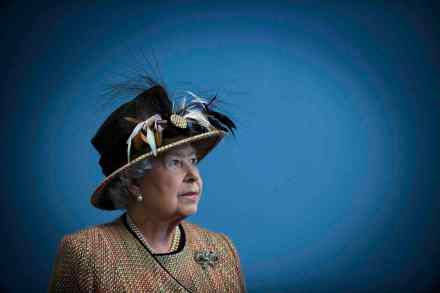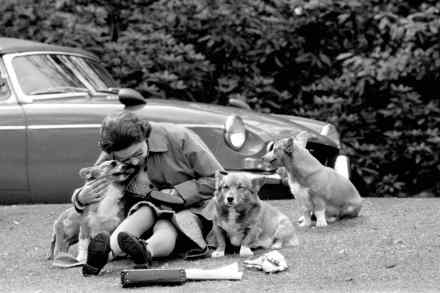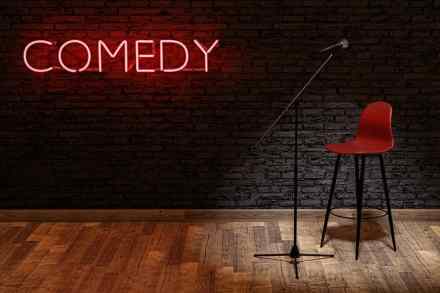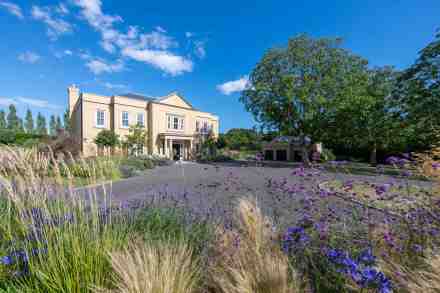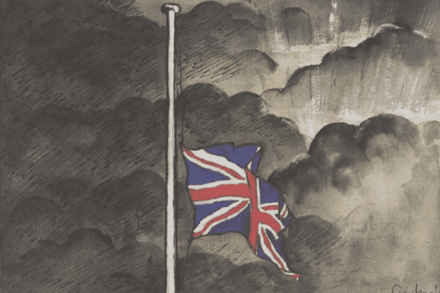The Crown doesn’t need a disclaimer
The fifth series of Netflix’s The Crown will soon be upon us. Scripted, as ever, by Peter Morgan, the show will cover the travails of the royal family throughout the 1990s, spanning everything from the then Prince Charles and Princess Diana’s marital difficulties and eventual divorce to the rumours of Prince Philip conducting an affair with a much younger woman (his partner in carriage driving, we are told). Jonny Lee Miller, erstwhile Sick Boy from Trainspotting and Sherlock Holmes from Elementary, dons thick glasses and a grey wig to play former prime minister John Major, a decent man who never stood a chance. Later in the series, we are promised the first














